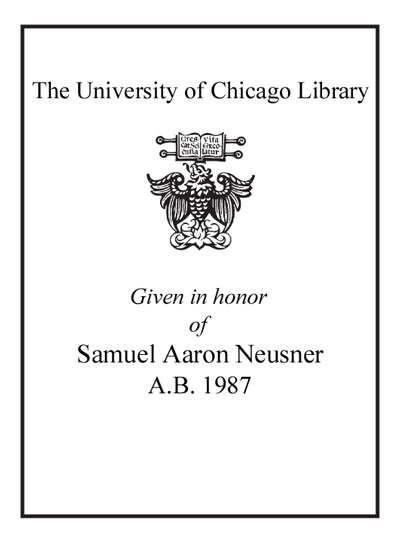| Summary: | Sephardic Jews who voluntarily or forcibly converted to Catholicism in the fifteenth and sixteenth centuries to avoid persecution or expulsion were known as conversos or New Christians. Some tried to live the double life of a Crypto-Jew, outwardly embracing Christianity while secretly maintaining Jewish practices. Others were in a state that was neither Jewish nor Christian, and, as painful and humiliating as it was, these Marranos (a term for conversos that became abusive), actually created a new kind of modern personality. By tracing the usage of this disparaging term, Masks in the Mirror also explores the nature of the historical circumstances as it becomes evident that anyone living under these circumstances - constantly threatened and persecuted by the Inquisition and suspected of being heretics and untrustworthy by their Christian colleagues and neighbors - could be driven to a state of madness. Focusing on families and childrearing, this book attempts to grasp the structures of feeling that created such madness, which while debilitating could often be creative and exciting, especially among poets, playwrights, and novelists. It looks at the play of masks, the secrecy and the illusion, that Marranos experienced daily, which some attempted to exorcise in their writings, and it explores the possibility of applying the concept of Marranism generically.
|
|---|

